Tampa's HVAC Services | License #: CAC1818057
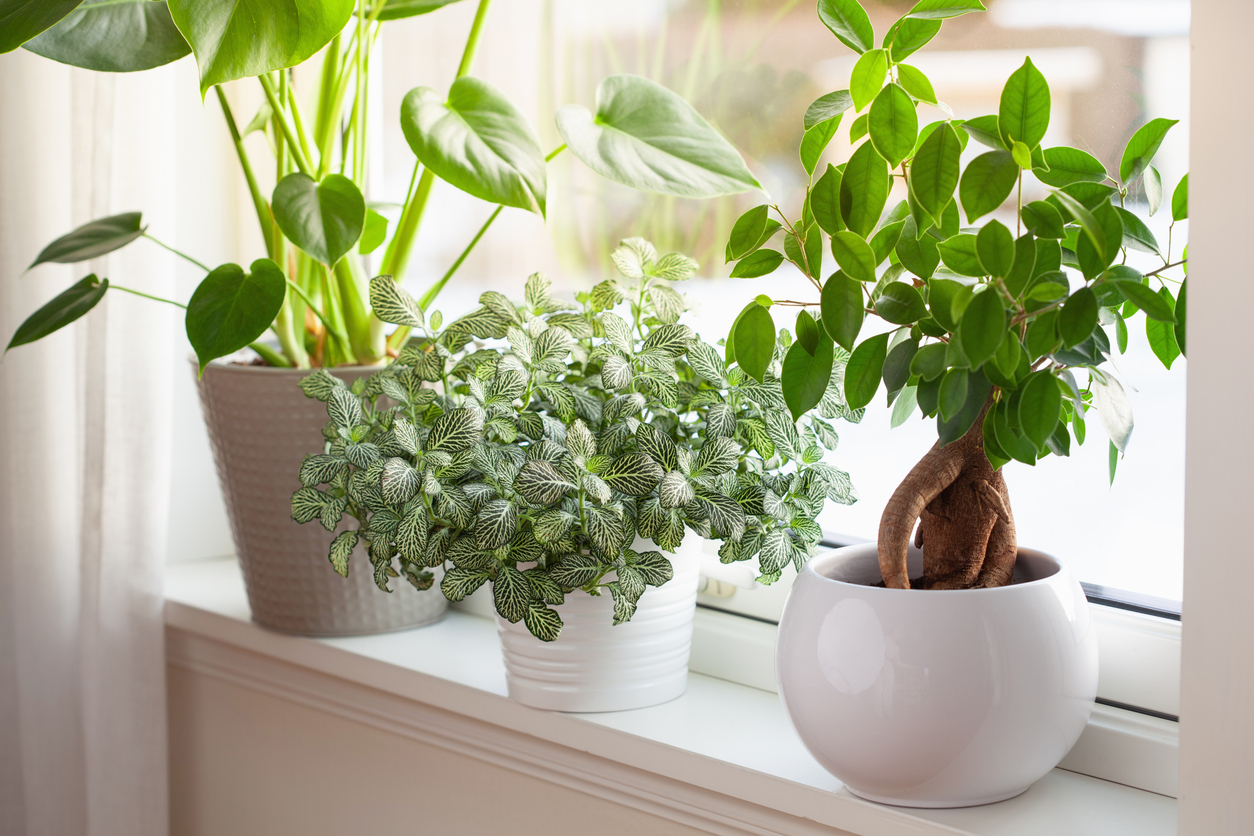
How to Improve Indoor Air Quality: Your Ultimate Guide
Ensuring that the air inside your home is clean and healthy plays a pivotal role in the well-being of everyone in your household. With increasing concerns about pollutants and allergens, it’s essential to learn how to improve indoor air quality. In this blog post, we’ll explore a variety of strategies that can help you breathe easier and create a healthier living environment.
1. Regularly Clean and Maintain Your HVAC System
One of the most effective ways to improve indoor air quality is by keeping your HVAC system in top condition. A well-maintained HVAC system efficiently filters out pollutants and allergens from the air. Ensure that you change your HVAC filters regularly, at least every three months, or more frequently if you have pets or suffer from allergies. This is a crucial step in how to improve air quality in your home, as it directly impacts the cleanliness of the air you breathe.
2. Invest in Air Purifiers
Using air purifiers is another excellent method for how to clean the air in your home. Air purifiers work by circulating the air through filters that capture pollutants such as dust, pollen, and smoke. For optimal effectiveness, place air purifiers in high-traffic areas and bedrooms to ensure that you’re breathing the cleanest air possible while sleeping. This approach directly addresses how to improve indoor air quality by removing microscopic contaminants from your environment.
3. Control Humidity Levels
High humidity can lead to the growth of mold and mildew, which significantly deteriorates air quality. To improve indoor air quality, it’s important to keep the humidity level in your home between 30% and 50%. You can achieve this by using dehumidifiers, especially in areas prone to moisture like basements and bathrooms. Additionally, ensure that your home is well-ventilated to prevent the buildup of stale, humid air.
4. Adopt a No-Shoes Policy and Use Doormats
Dirt, pesticides, and other harmful substances can enter your home on shoes. By implementing a no-shoes policy and placing doormats at every entryway, you can significantly reduce the amount of outdoor pollutants entering your home. This practice is a simple yet effective way to clean air in your home, ensuring that outdoor contaminants don’t compromise your indoor air quality.
5. Use Natural Cleaning Products
Many conventional cleaning products contain chemicals that can release volatile organic compounds (VOCs) into your home’s air. To improve indoor air quality, opt for natural or homemade cleaning solutions like vinegar, baking soda, and lemon. This switch not only helps in how to improve air quality in your home but also reduces your exposure to potentially harmful chemicals.
6. Increase Ventilation
Improving ventilation is a fundamental aspect of how to improve indoor air quality. Whenever possible, open windows and doors to allow fresh air to circulate and dilute the concentrations of indoor pollutants. This practice is particularly important when engaging in activities that can generate high levels of pollutants, such as painting or cooking.
7. Decorate with Air-Purifying Plants
Plants are not only decorative but can also be functional in how to clean the air in your home. Certain plants like spider plants, peace lilies, and snake plants are known for their ability to absorb common pollutants and improve air quality. Adding these to your home decor can help in improving indoor air quality naturally.
Conclusion
Improving indoor air quality is crucial for maintaining a healthy and comfortable living environment. By implementing these strategies, you can significantly reduce pollutants and enhance the overall air quality in your home. Remember, regular maintenance of your HVAC system, using air purifiers, controlling humidity, and utilizing natural cleaning products are all effective ways to ensure cleaner air.
If you’re looking to take further steps in how to improve air quality in your home, consider reaching out to The Comfort Authority. Our experts are ready to help you achieve the best air quality possible. Contact us today to learn more about how we can assist you in improving indoor air quality in your home.
Recent News
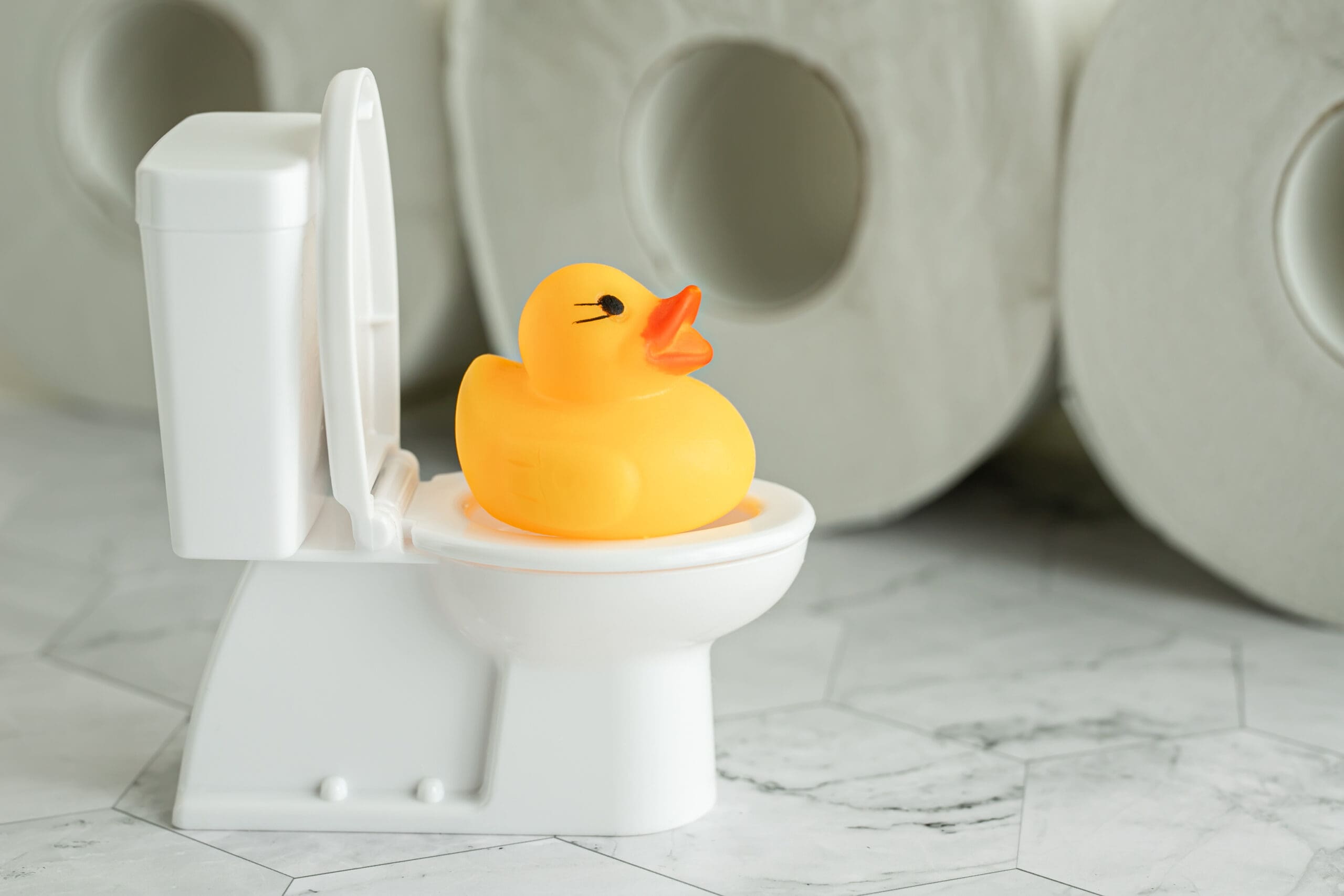
Why Does My Toilet Flush Twice?
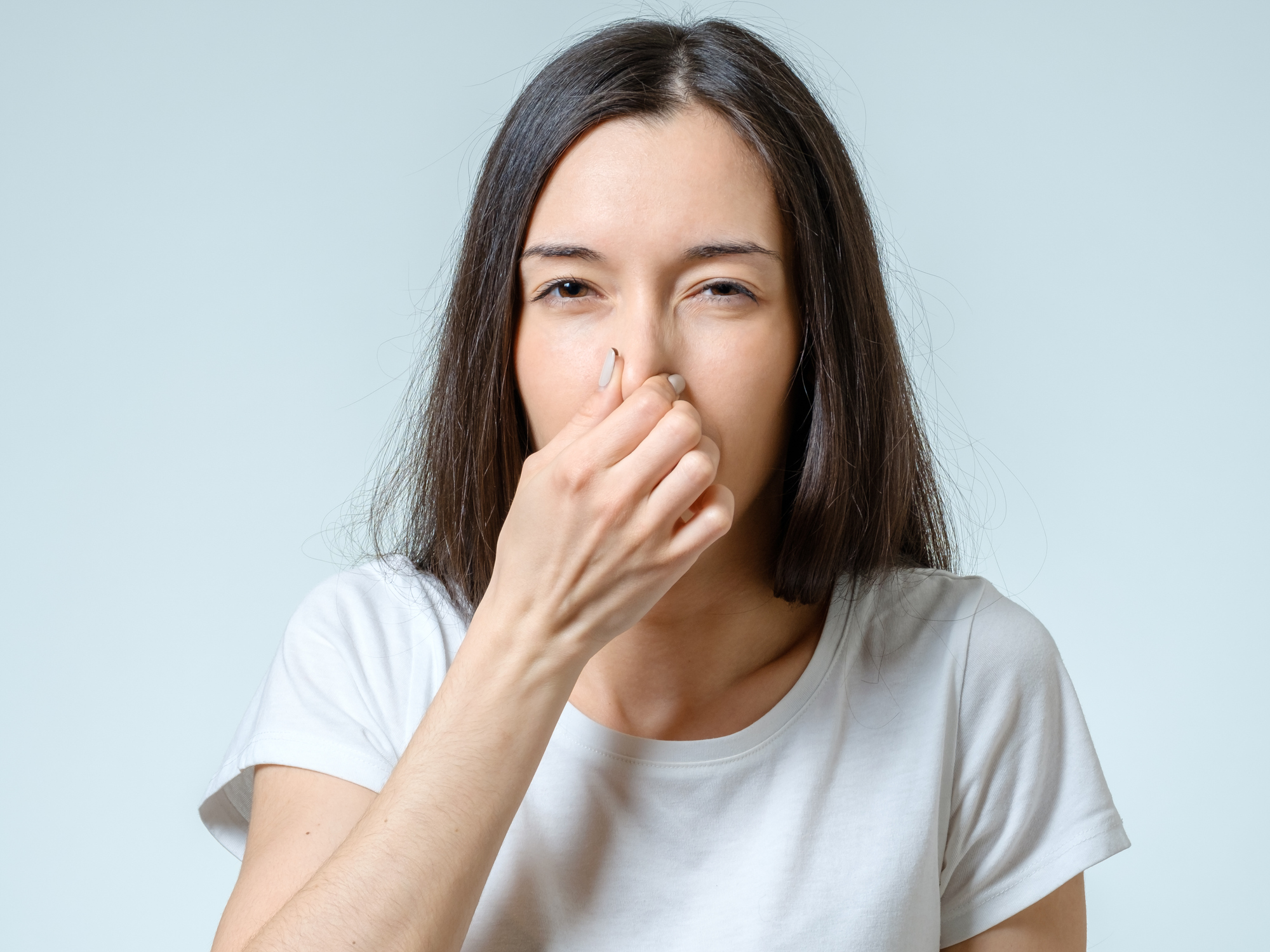
Why Does My Bathroom Smell Like Sewage?
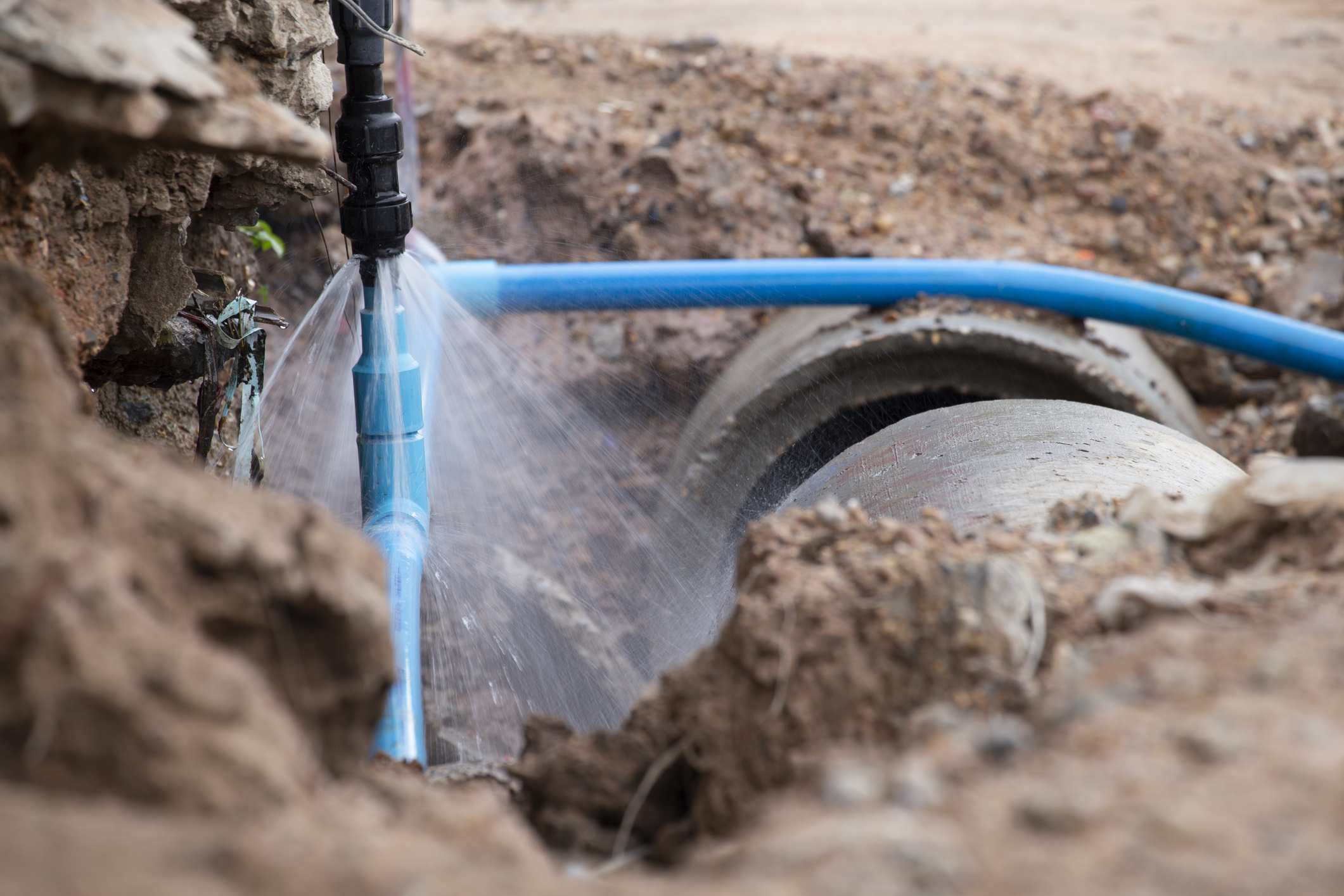
Broken Pipe? 5 Common Causes
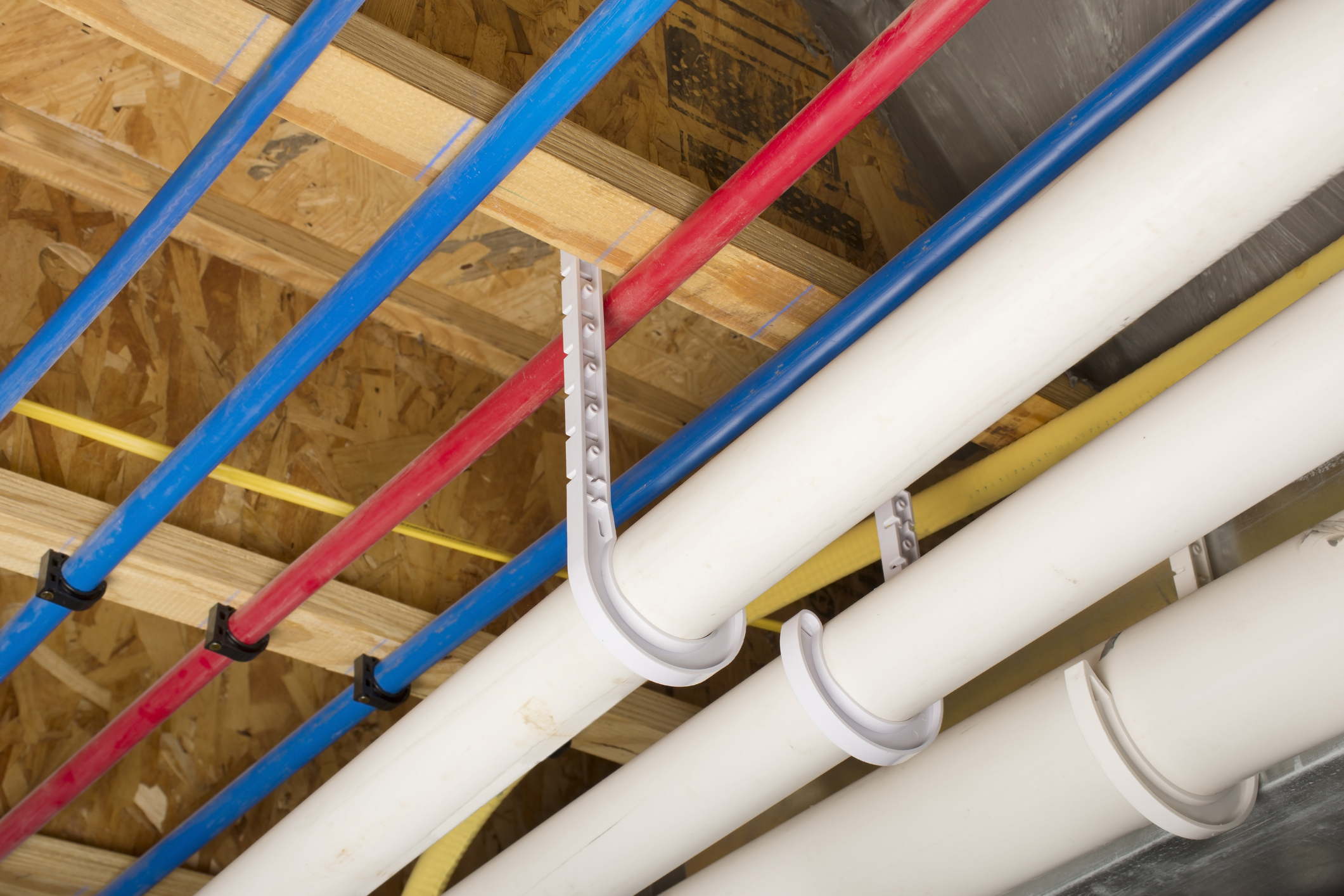
Types of Plumbing Pipes: Which are Best for Your Home?
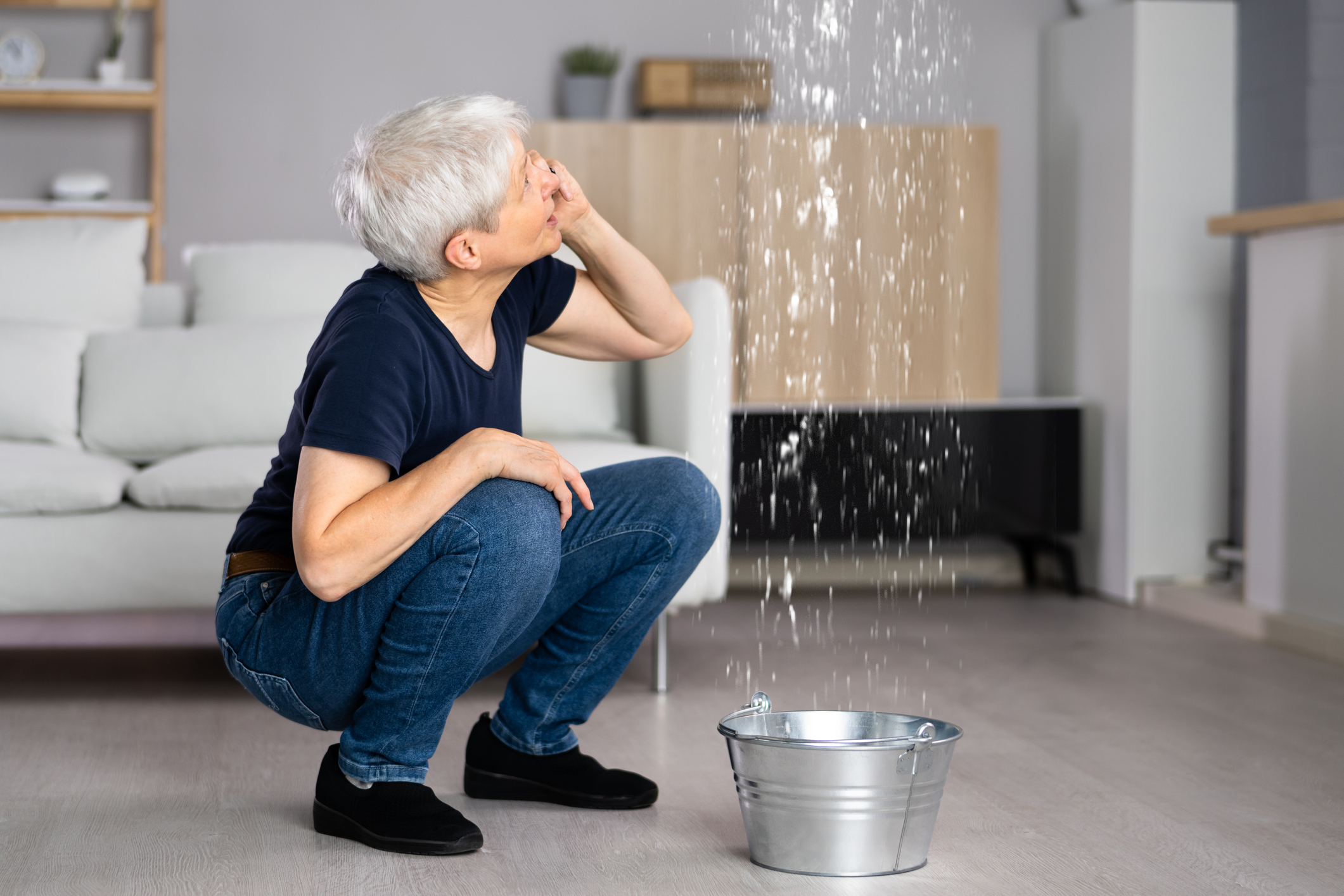
What to Do In Case of an Emergency Water Leak
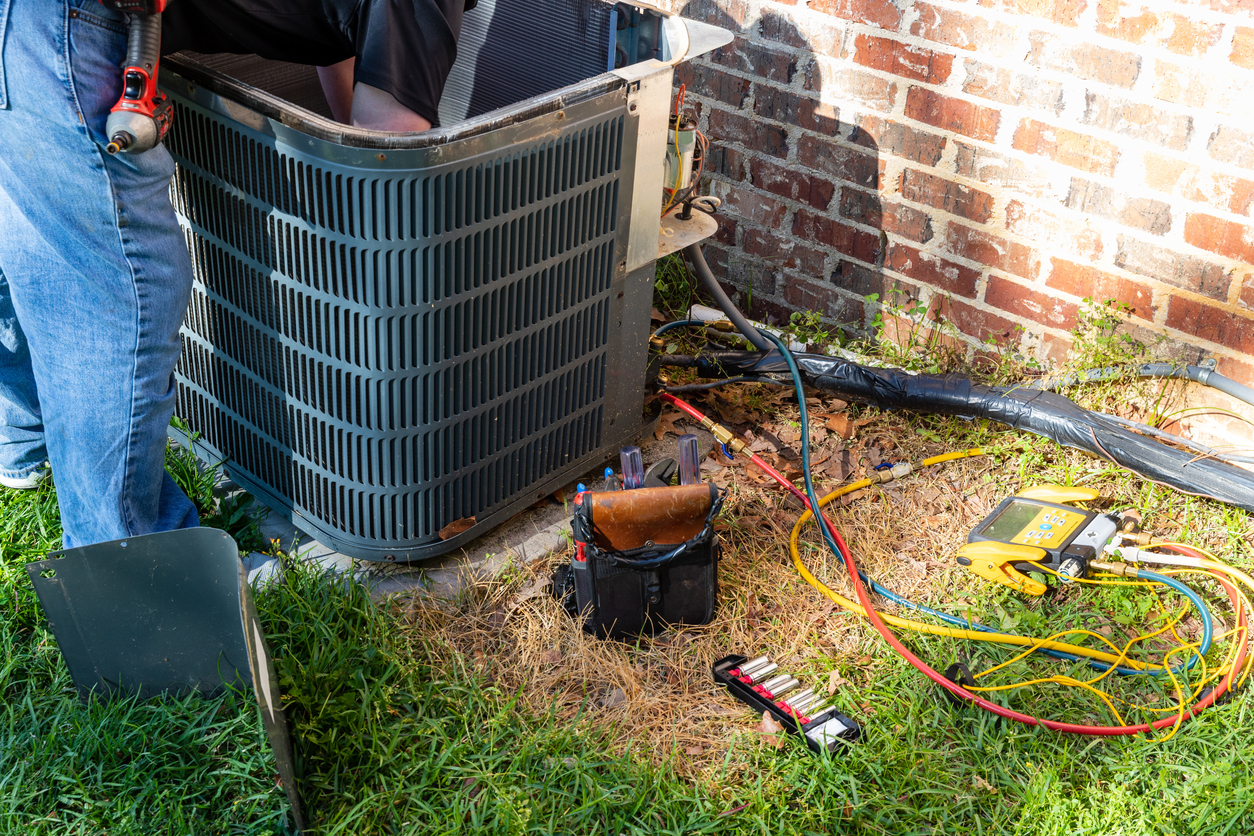
Why is My Air Conditioner Making a Dripping Noise?

What Should You Set AC to in Florida When Away From Home?
